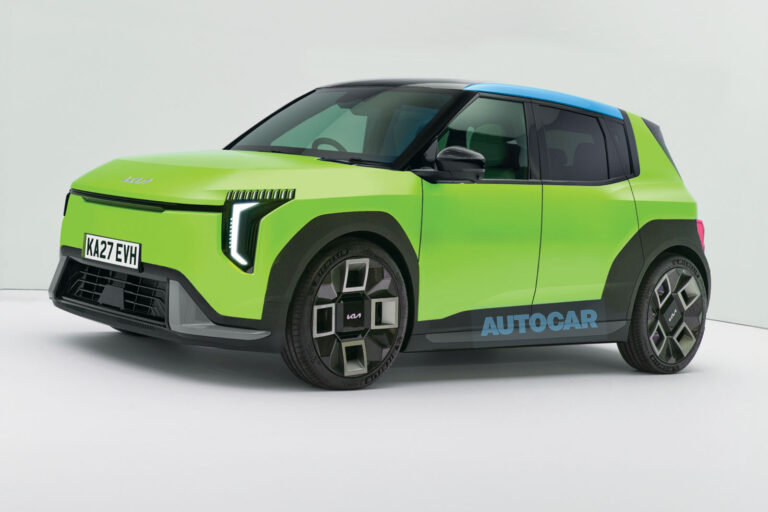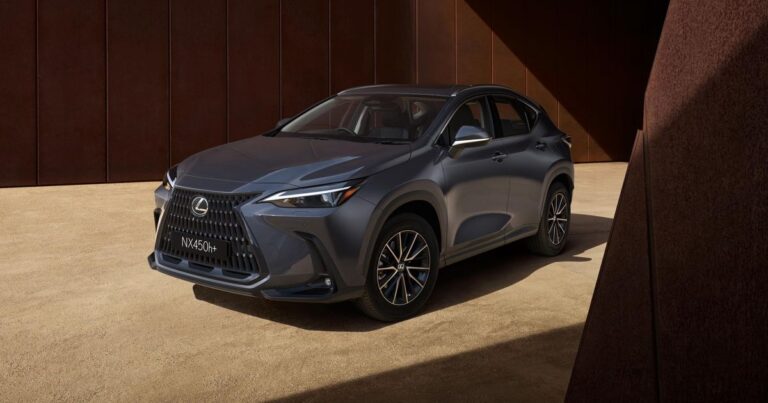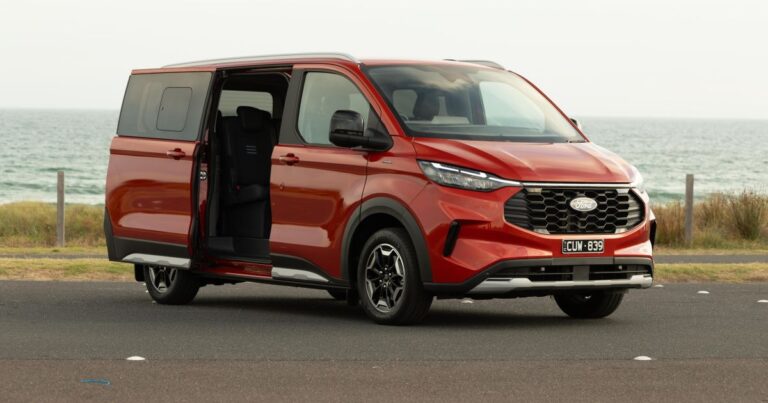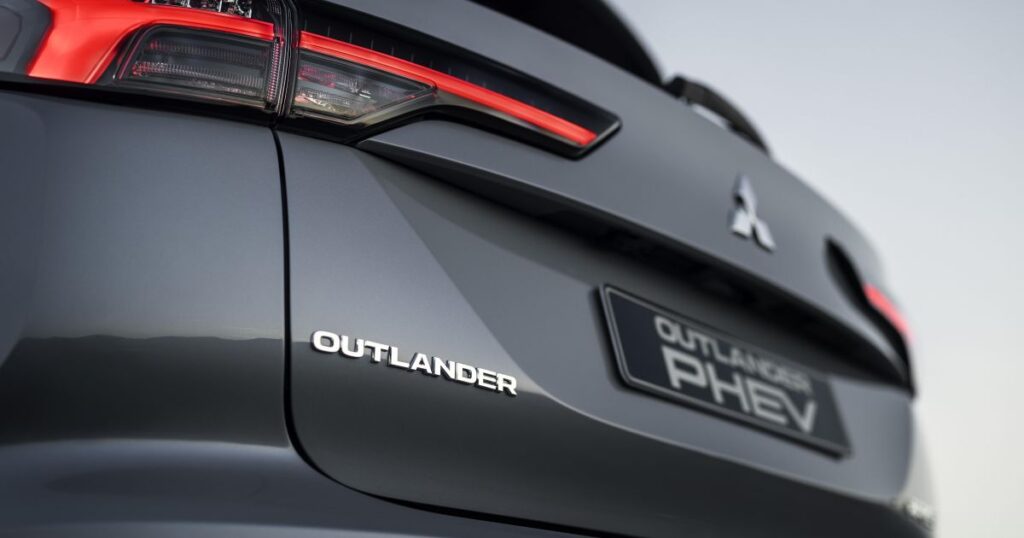
Mitsubishi has long prioritised plug-in hybrid vehicles (PHEVs) over pure electric vehicles (EVs) in Australia, but it says it would sell more EVs here if the country’s charging infrastructure was up to scratch.
The Japanese brand has only ever sold one EV in Australia: the i-MiEV micro car between 2010 and 2012. It has since shifted its attention to PHEVs, introducing Outlander PHEV in 2017 and later the Eclipse Cross PHEV in 2021.
Despite that, Mitsubishi Motors Australia president and CEO Shaun Westcott told CarExpert that Mitsubishi isn’t against selling more EVs in Australia, and reinforced the Japanese auto brand’s plans to introduce one co-developed with Taiwanese firm Foxtron in late 2026.
“We will bring product. We have no problem in bringing product. We have product, and we can demonstrate that. We have multiple Alliance partners. We have EVs in other countries,” he said.
Hundreds of new car deals are available through CarExpert right now. Get the experts on your side and score a great deal. Browse now.
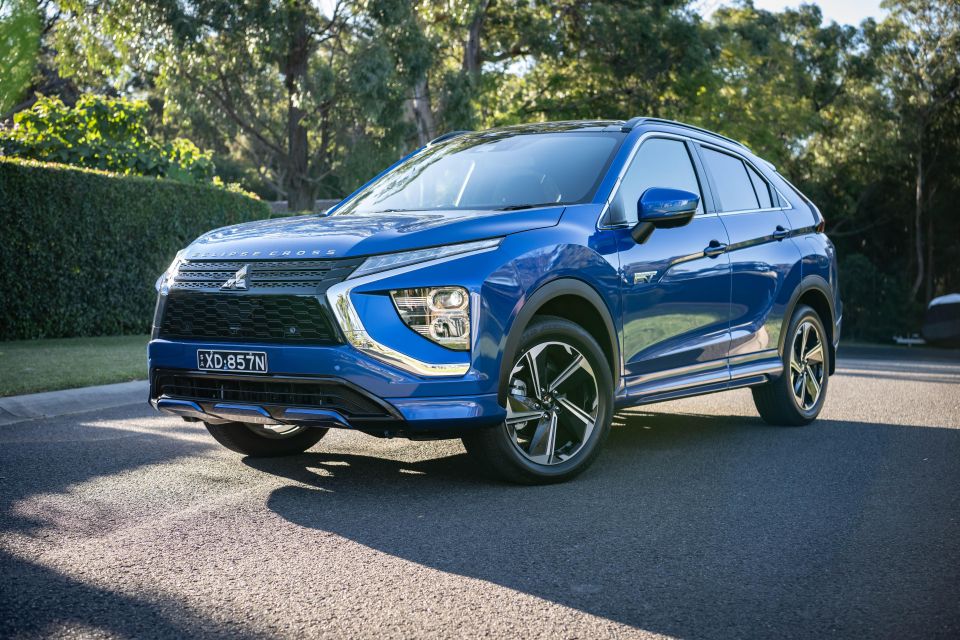
ABOVE: Mitsubishi Eclipse Cross PHEV
Mr Westcott is referring to Mitsubishi’s industrial alliance with Nissan and Renault, which has borne a handful of other EVs overseas including the European Eclipse Cross EV, a rebadged Renault Scenic E-Tech, while Mitsubishi has also previewed its own version of the third-generation Nissan Leaf.
But Mr Westcott pointed out that several of Mitsubishi’s rival brands in Australia have introduced EVs to lukewarm reception, and he suggested that cooling demand for EVs is not just due to the lack of EV chargers but the fact battery-electric vehicles still rely largely on coal-fired power in most Australian states.
“As we sit here today, we have competitors in market who have EVs in their brand, that I can tell you as a fact are sitting in their showroom and they’ve been sitting there for months, and they can’t sell them,” he said.
“Those companies have to discount those costs below the cost of production just to get them to move out of the showroom. That is not sustainable.
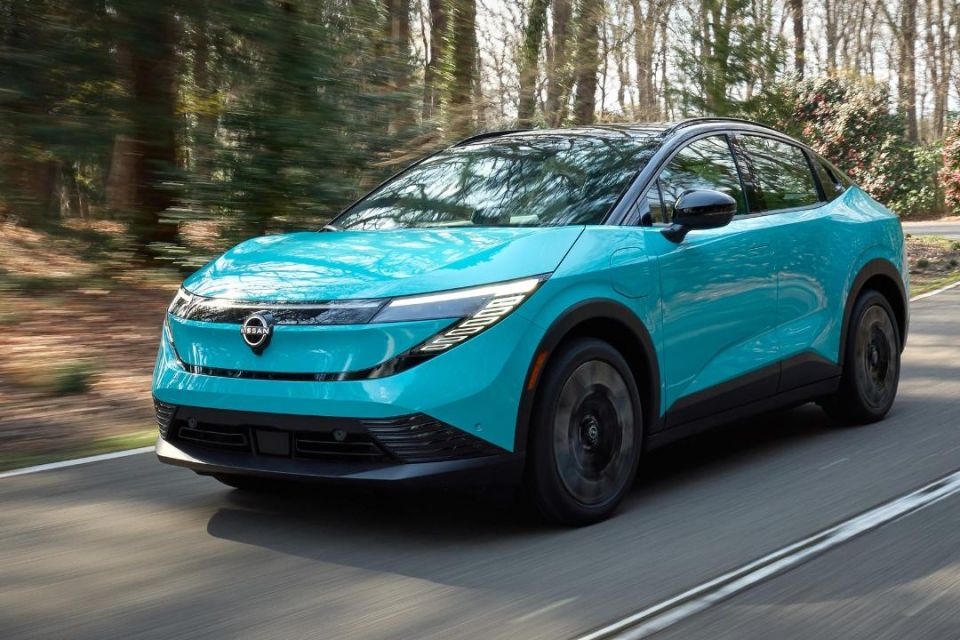
ABOVE: Nissan Leaf
“So, despite all the political commentary around it, it’s not the lack of EVs that’s causing the problem. It’s the lack of investment by government… in the infrastructure. And when we talk about infrastructure, this is not just chargers; there’s a gap between the chargers and the source of energy.”
Mr Westcott explained that the vast majority of electricity in Australian states like New South Wales is still generated by coal – a claim backed by NSW Resources that states coal makes up “approximately 80 per cent of the electricity produced in NSW”.
“Then you add gas and other fossil fuels on top of that, you get to about 90 per cent, and you now have zero tailpipe emissions, but all you’re doing is you’re polluting in Lithgow [a major electricity production region] – well, mate, the wind blows from Lithgow to Sydney as well,” he said.
“All you’ve done is shift the emissions from the tailpipe to the power station.”
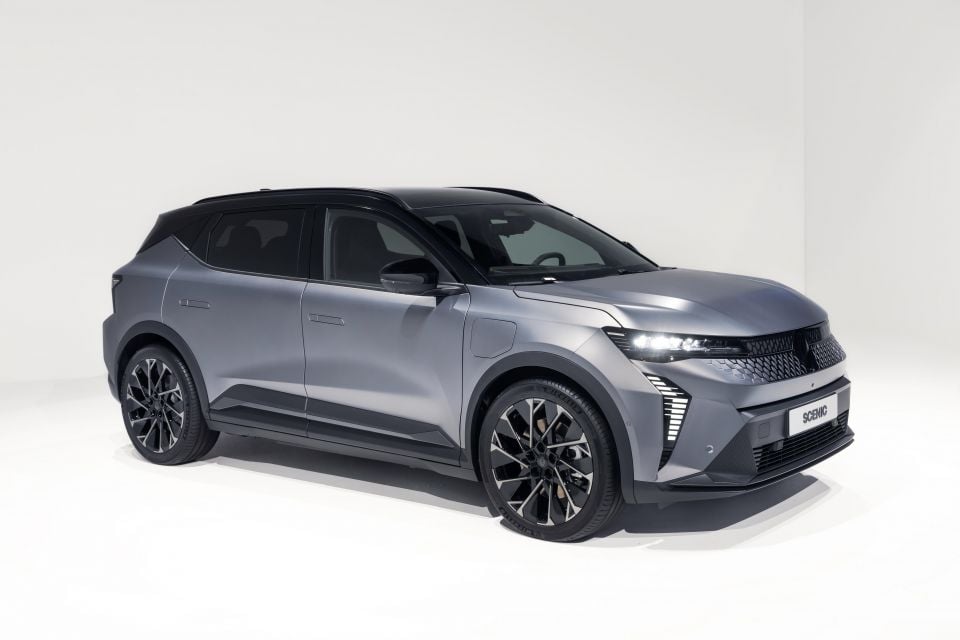
ABOVE: Renault Scenic E-Tech
Mr Westcott continued by saying an additional challenge was transporting electricity produced via renewable methods like solar or wind, another area in which he said infrastructure investment and planning have been lacking.
“Getting the energy from there to where the car is to where the charger is, requires significant – and I’m talking billions of dollars – investment in infrastructure, but I haven’t seen any plans for that yet,” he said.
“And I know there are some plans, but I’m seeing challenges in getting that turned into reality. So there’s a gap between where we are today, practically speaking, the reality, and the ambition.”
There are current plans to modernise Australia’s electricity grid, as evidenced by the National Renewable Energy Priority List, for example. The list outlines 56 “priority projects” which could provide an additional 16 gigaWatts of electricity generation – though this has yet to be fully approved through the necessary processes at all levels of government.
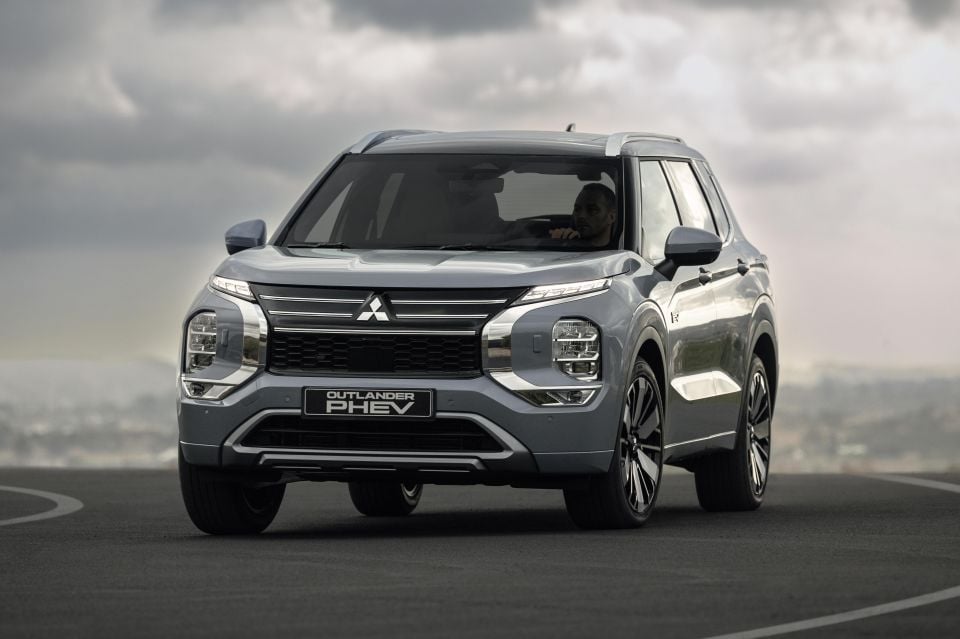
ABOVE: Mitsubishi Outlander PHEV
Mr Westcott says these factors are why Mitsubishi is “pushing PHEV”, a powertrain type that he says has the mechanical capability to support the driving habits of most Australians. That’s despite 25,613 PHEVs having been sold in the first six months of 2025, compared to 47,145 EVs.
“We have access to our customers’ information on that … they drive their car in pure EV [mode] 83 per cent of the time. For most people’s daily commute [~30km on average], the PHEV battery covers that. Our range exceeds that,” he said.
“I can travel for two or three days without charging my car. I have solar at work, I have solar home. I have zero emissions, in my case, 93 per cent of the time… right here today, with no infrastructure.
“On the topic of the FBT [fringe benefits tax], I think that not extending the FBT [exemption] on PHEVs was a major problem, major mistake, because we could reduce emissions dramatically right here today, just by promoting PHEVs and taking away all that range anxiety and all those other concerns [of EVs].
MORE: PHEV tax break ends in Australia, just as sales boom and EVs falter
MORE: Mitsubishi taps Nissan, Foxtron for EVs – Australia first in line for one of them
MORE: Everything Mitsubishi
